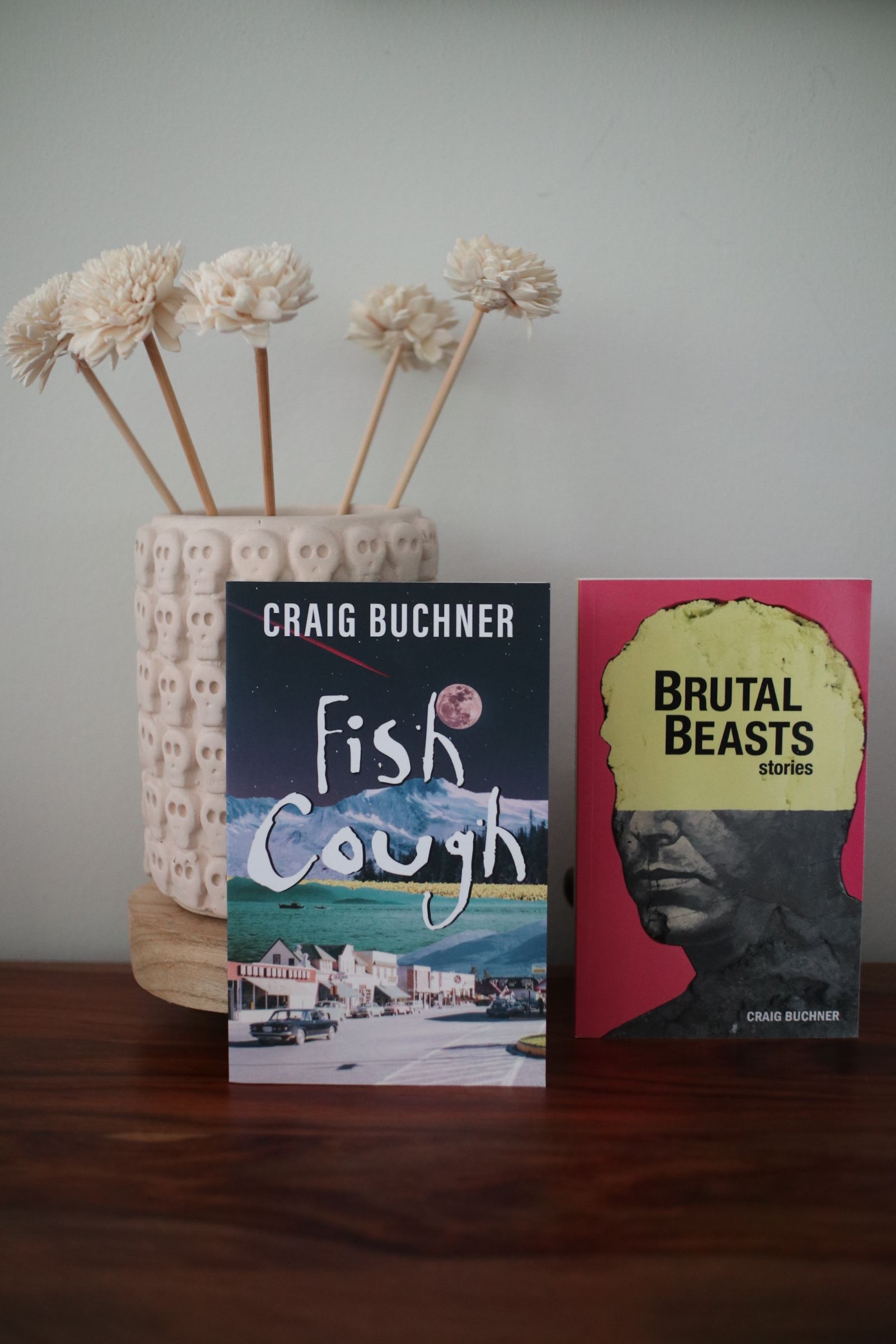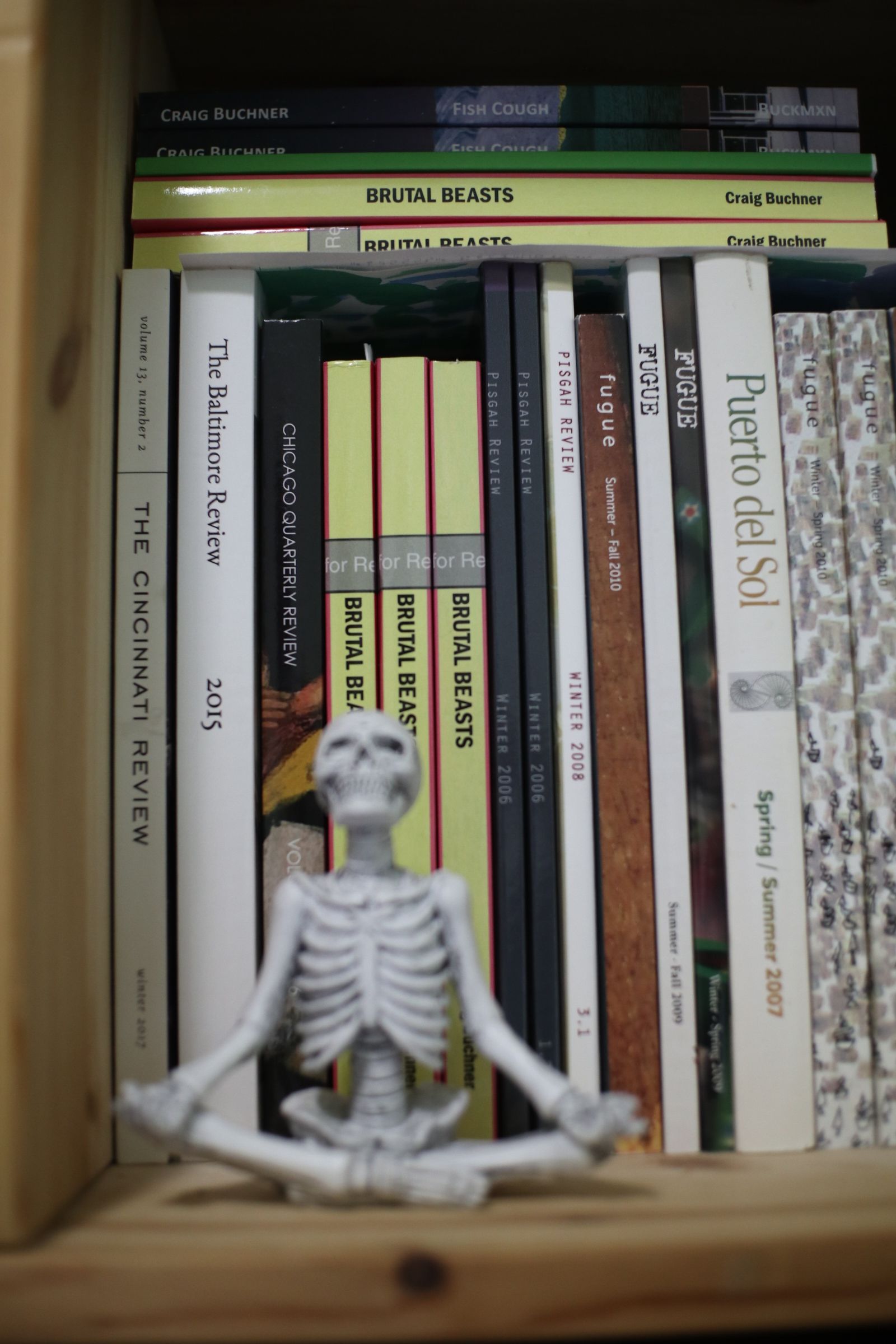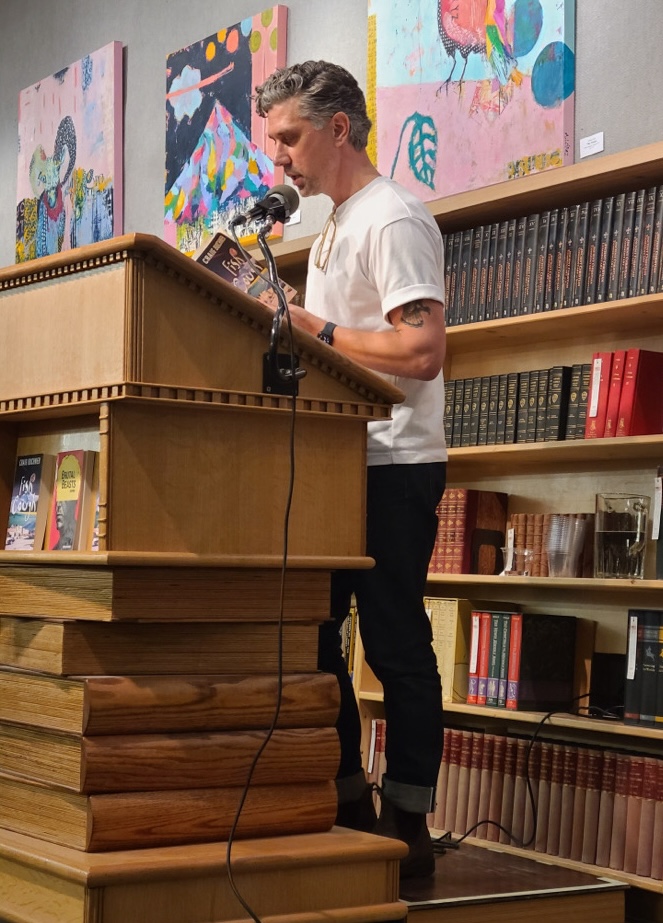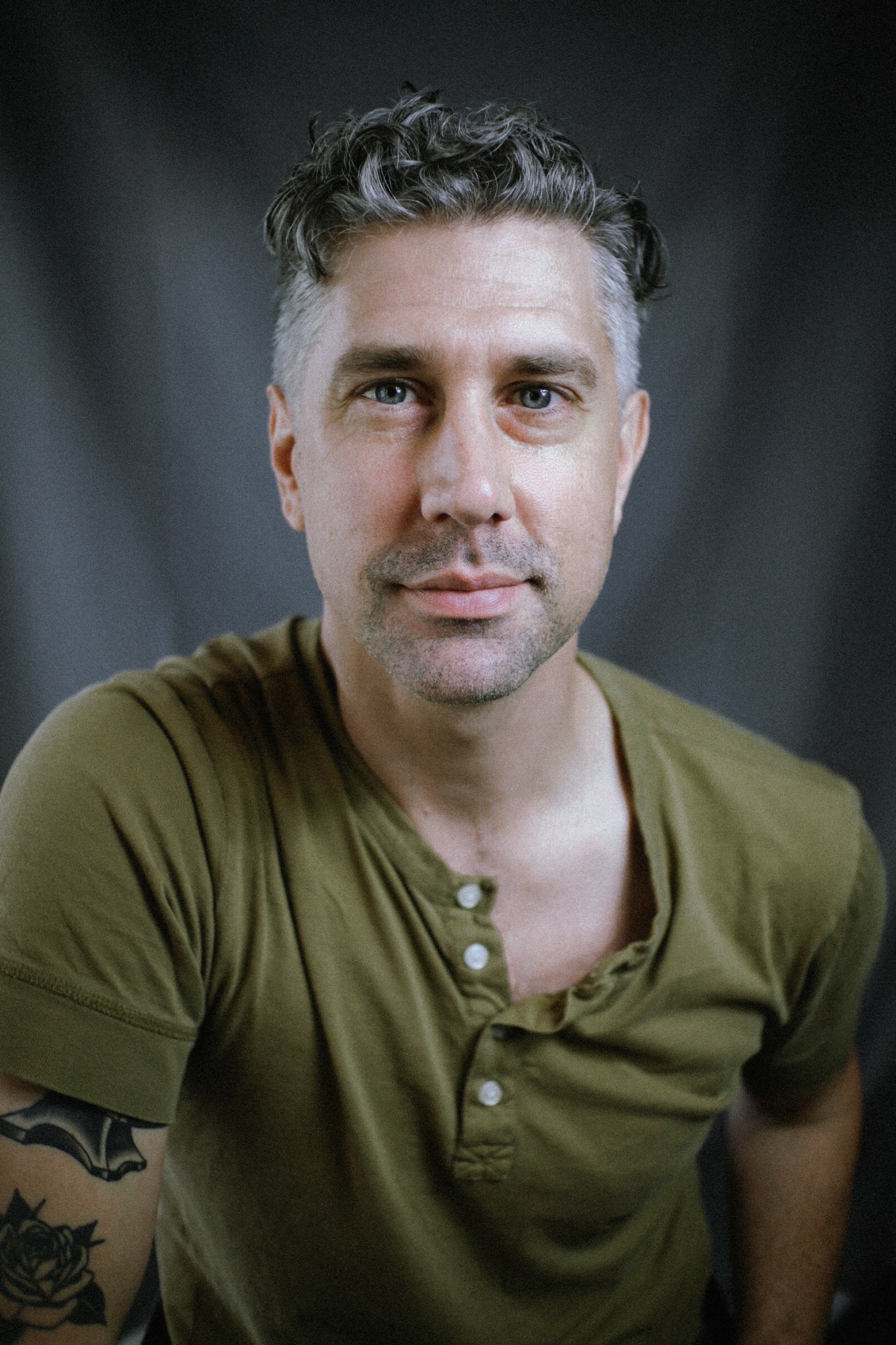Alright – so today we’ve got the honor of introducing you to Craig Buchner. We think you’ll enjoy our conversation, we’ve shared it below.
Craig, looking forward to hearing all of your stories today. How did you learn to do what you do? Knowing what you know now, what could you have done to speed up your learning process? What skills do you think were most essential? What obstacles stood in the way of learning more?
I can’t say for certain if we’re born with an inclination for the arts, but I’d like to believe we all have the capacity for creativity—whether it’s writing a book, painting a landscape, or capturing an emotional moment through photography. What’s significant though is when we consciously decide to dedicate our time to the arts or another pursuit. For me, writing was always a part of who I was, as I loved exploring storytelling and the power of language. But it wasn’t until college that I truly became a Writer (with a capital “W”). I was formally trained in the Master of Fine Arts Creative Writing program, studying fiction, at the University of Idaho. It was there that I learned the craft—how to structure a story, develop characters, and understand the elements that make a narrative resonate.
However, after nearly three years of study, something unexpected happened: I learned how to write a really good story. That might sound like a success, but it wasn’t. In fact, it felt like a setback. My writing had become formulaic—a paint-by-numbers approach. I would introduce the setting and characters, then follow the prescribed narrative arc: exposition, rising action, climax, falling action, resolution. This structure is the bedrock of MFA programs. While the content of stories—characters, settings, plots—varies, the formula rarely does. For me, this rigid adherence to structure became stifling. It never occurred to me to question it. After graduating, I worked hard to unlearn the rules, to forget the automatic “how-to-write-a-story” response. It took nearly a decade to break free from those tendencies.
That said, I don’t regret my formal education. Understanding the history and techniques of your craft is essential. Reading great and interesting books helps you figure out what you like, don’t like, and where you want to take your own work. But true artistry, for me, came from breaking away from conventions and finding my own voice.

Great, appreciate you sharing that with us. Before we ask you to share more of your insights, can you take a moment to introduce yourself and how you got to where you are today to our readers.
There was an era when corduroy jackets and elbow patches defined the height of literary sophistication. An English professor was akin to a rock star. And I bought into it 100%. Unless you lived in that exact moment, the feeling of reading a Dave Eggers novel as soon as it was released was literally the coolest thing you could be doing. Before TikTok, before Instagram, before book influencers. It was a different time, when discovering a community of people devoted to indie literature and its artistic lifestyle felt like finding something truly precious. This is what compelled me to seek work as an author. So now this is what I do. I write. And what makes me any different than the thousands of other writers out there? In the greater scheme of things, probably nothing.
Yet, the evolution of the internet played a huge role in shaping how I see art and the world. The internet wasn’t mainstream until my teenage years, and before then, art largely stayed within defined genres. I remember finding a short story collection with poems and thinking it was strange, even ugly, simply because it wasn’t common. But as the internet became more commonplace, genre-blending became normal, starting with music. You could genre-hop, and it wasn’t as jarring. Today, it’s almost expected for artists to move across genres and styles within albums or even a single track. This shift toward genre fluidity was exciting, but literature was slow to catch up. I wanted to write a literary-poetic-romance-action-packed-absurd-realist story that spanned multiple genres in just six pages, because there are no absolute rules—only frameworks we create. It’s the ultimate freedom. Similar to how Dave Eggers pushed literary boundaries, I hope future authors expand the limits of storytelling to reflect how we navigate both the physical and digital worlds. Everything is ripe for creative exploration.
Have you ever had to pivot?
I’m always shifting gears. Maybe it’s a reflex from living in a world where multitasking and constant activity is praised. I recently heard that resting is a form of rebellion, and I love that idea. In my artistic practice, I’m always drawn to what I haven’t yet explored. I deeply admire Ron Rash, who masters poetry, short stories, and novels with remarkable ease. For me, that’s the mark of a true genius. While I’m far from a genius, I still enjoy experimenting with different forms, hoping to succeed now and then.
But if I had to pinpoint a significant artistic pivot, it would be from about a year ago following my mother’s passing. Dealing with grief is profoundly challenging. The last place I wanted to be was in my own head, which is essential for writing long-form pieces—endless hours of introspection and writing seemed unbearable. During this period, my desire to write persisted, so I shifted to poetry. It allowed me to briefly immerse myself in my thoughts and jot down a few lines, which felt manageable. For about a year, I set aside my novel and focused solely on poetry. Now, I’m gradually able to engage in longer bouts of writing again, though I still have days where it’s tough. I believe this is largely due to giving myself the necessary break. That and therapy, right?

We often hear about learning lessons – but just as important is unlearning lessons. Have you ever had to unlearn a lesson?
Studying an artform in school has its pros and cons. On one hand, it’s a rich environment where people come together to learn, discuss, and challenge one another. But when you gather a concentrated group, a unified perspective often emerges. We start talking the same way, adopting the same beliefs, and parroting what our mentors taught us. This is fine if we understand that it’s only a starting point, not the end of our artistic journey. I’m not sure my professors would’ve framed it this way or even agree with me now, but the hardest part of being a writer is unlearning the rules we worked so hard to master. Why? Because humans tend to follow the path of least resistance, and when a norm develops, we go with the flow. As a result, we end up writing technically sound stories with little experimentation. It took me a decade to unlearn what I’d learned in my MFA program. I did this by exploring the writing of other cultures, especially Chinese and Japanese literature, as well as technical writing (yes, instruction manuals and process maps), and other forms like film and music. From there, I started creating my own version of a “narrative arc” that felt more authentic to how I wanted to express myself.
Even after writing a couple of books, I still face resistance. When I taught a writing class last year, a student asked about the structure of my novel Fish Cough. I explained that I deliberately avoided using a Western narrative arc, and the student responded by asking if I thought that’s what publishers were looking for. I found that question odd. My first thought was, “Who cares what a publisher wants?” But then I realized I would’ve asked the same thing as a student because back then, I was learning to follow familiar rules—rules that publishers and readers were accustomed to. It’s not that I didn’t want to publish or connect with an audience; I just wanted to write the book I felt compelled to write. This is where MFA programs often fall short. They’re expensive, and their traditional workshop models tend to produce homogeneous work. I hope these outdated models are evolving, and future MFA programs will adopt a less rigid approach. As for me, I’m committed to pushing beyond the conventional ways of telling stories, continuing to explore the unknown. That’s what drives me forward.
Contact Info:
- Website: https://www.craigbuchner.com
- Instagram: https://www.instagram.com/buck_wildest/



